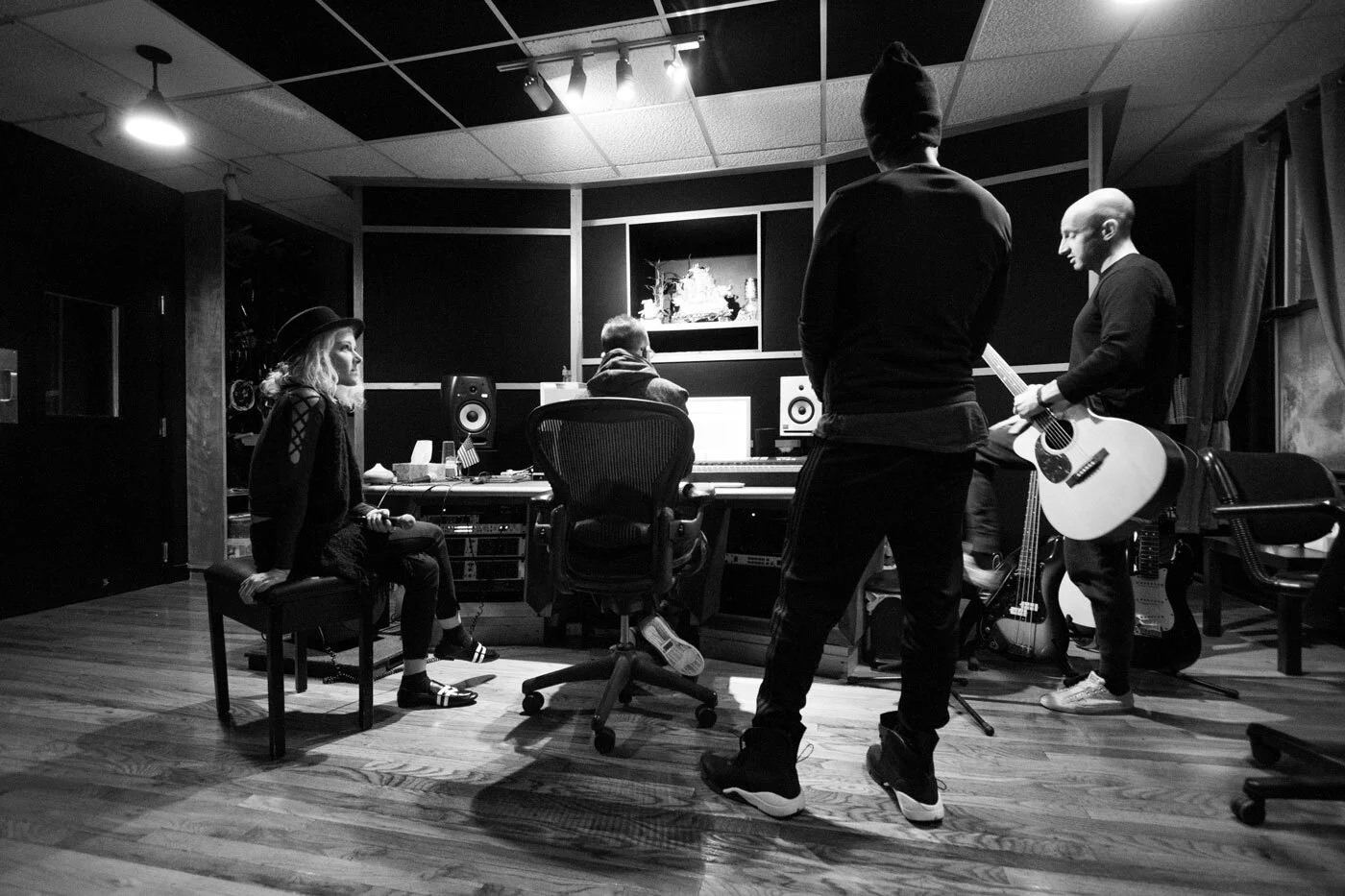Leave it to the Professionals or Take Matters Into Your Own Hands?: How Educated an Artist Should Be on the Music Business
Artists getting screwed over by record labels and their management teams is not an uncommon occurrence in the music industry. It happens at all levels; from a simple high school “friend-a-ger” relationship going sour, to big multi-million dollar deals that force an artist to re-record six of their original studio albums in order to regain ownership of the master rights (or maybe that was just Taylor Swift).
It has been proven in the past that a singular artist is virtually incapable of performing all of the necessary tasks that is required to run a successful creative enterprise, and should therefore, invest their time and money into finding a team of professionals to assist them. However, just because an artist cannot perform all of these responsibilities, does not excuse them from understanding the ins and outs of how their creative enterprise is run. This begs the question: how much is the artist responsible for in terms of educating themselves on the different areas of the music industry, and to what level are they able to leave the work to the experts?
At the very least, an artist should have a general understanding of their contract with their manager, their agency, and their record label, as contracts are the legally binding document that can be tricky to deal with when trust and relationships fail. Before entering into any contract, an artist should consult an entertainment lawyer to translate the legal jargon, however they should also have knowledge on the typical practices that come with entering a business deal with different parties.
For example, in order to ensure the best outcome for themselves, an artist should be aware of how a manager earns their percentage of income and how to negotiate this when drawing up a contract. According to Donald Passman in his book All You Need to Know About the Music Business, “Managers typically get from 15% to 20% of earnings from new artists...These percentages are generally applied to your gross earnings, before deducting any expenses.” However, this standard has softened since artists have come to realize that this is a large percentage of their gross earnings. In some cases, managers take 15% of an artists’ net earnings, or some exclusions apply to the deal such as touring earnings, or songwriting earnings. It is the artists’ responsibility to educate themselves on these gray areas of the music industry to ensure that they get the most out of a business deal. Otherwise, they may find themselves stuck in an unfavorable situation as a result, and the other party (may that be a manager, an agency, or a label) was well within their rights to ask in the agreement.
Overall, artists are not expected to be a lawyer, an agent, a publicist, and a manager all in one. However, to some degree they are responsible for understanding these areas of the music industry in order to make deals that best suit them and their creative enterprise. Hiring professionals is essential to their success as they are the most well-versed in these specific areas, however at the end of the day, music industry professionals are still looking out for their personal well-being and most importantly, their financial earnings. Therefore, an artist’s responsibility in regards to educating themselves on the business should be with the aim to protect their personal interests and ensure that they enter into relationships that align with their vision for their creative enterprise.
This is the basis on which Elton Audio Records was established. As a record company, our main goal is to protect our artists by allowing them to take the wheel of their music careers, but providing them with the proper team of experts and the necessary guidance to make them successful. Go to eltonaudio.com to learn more about us!



